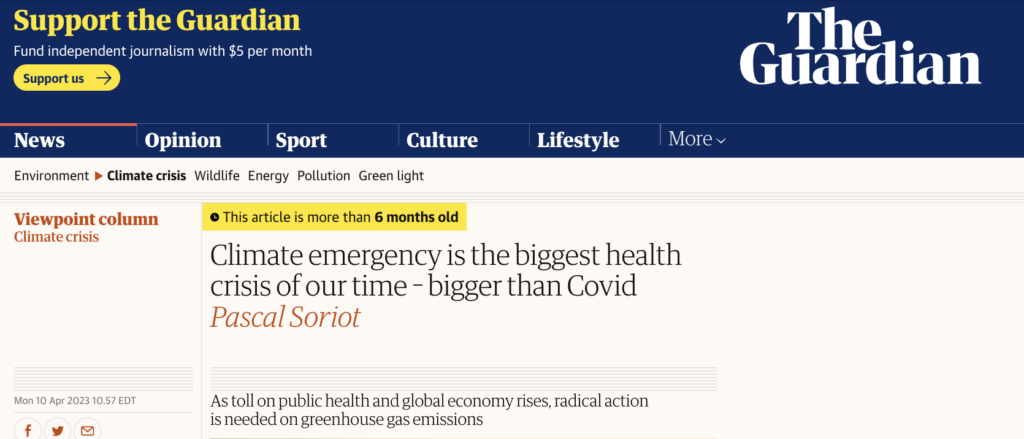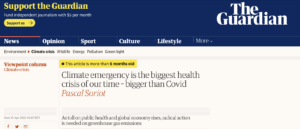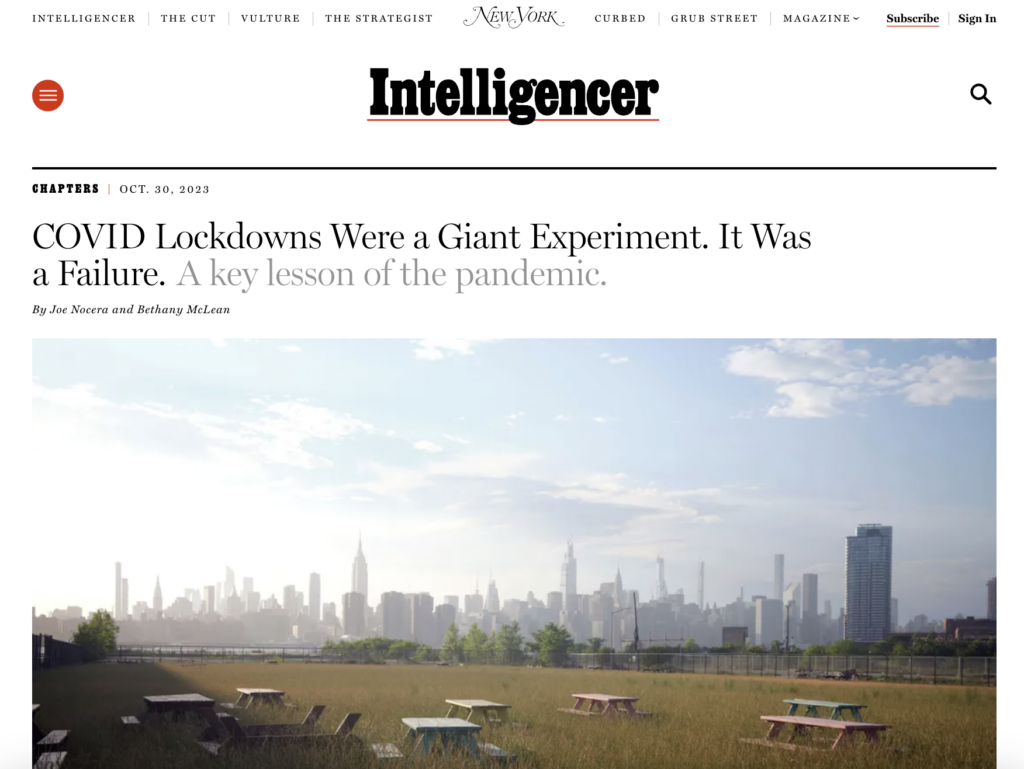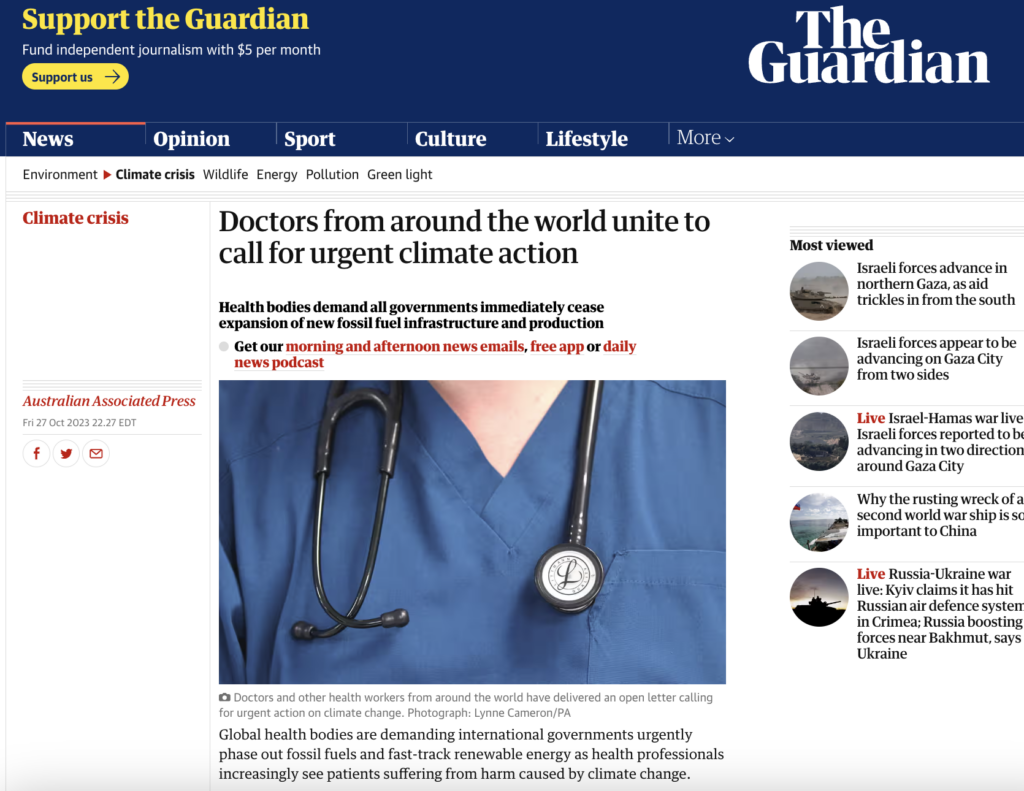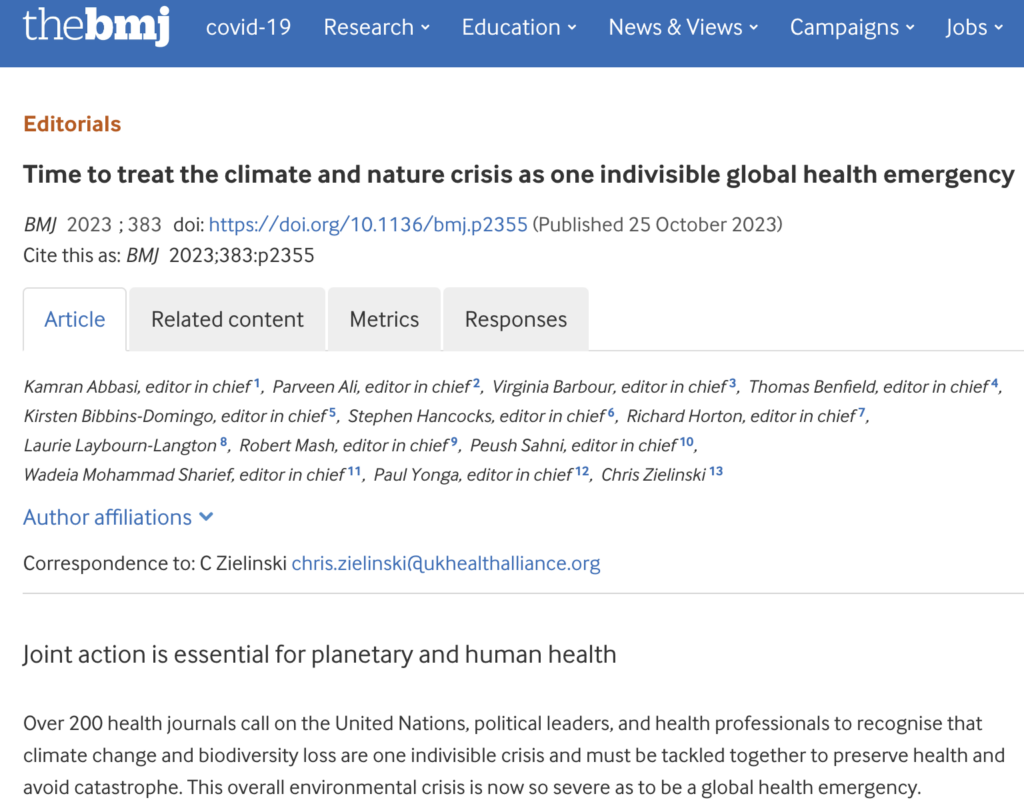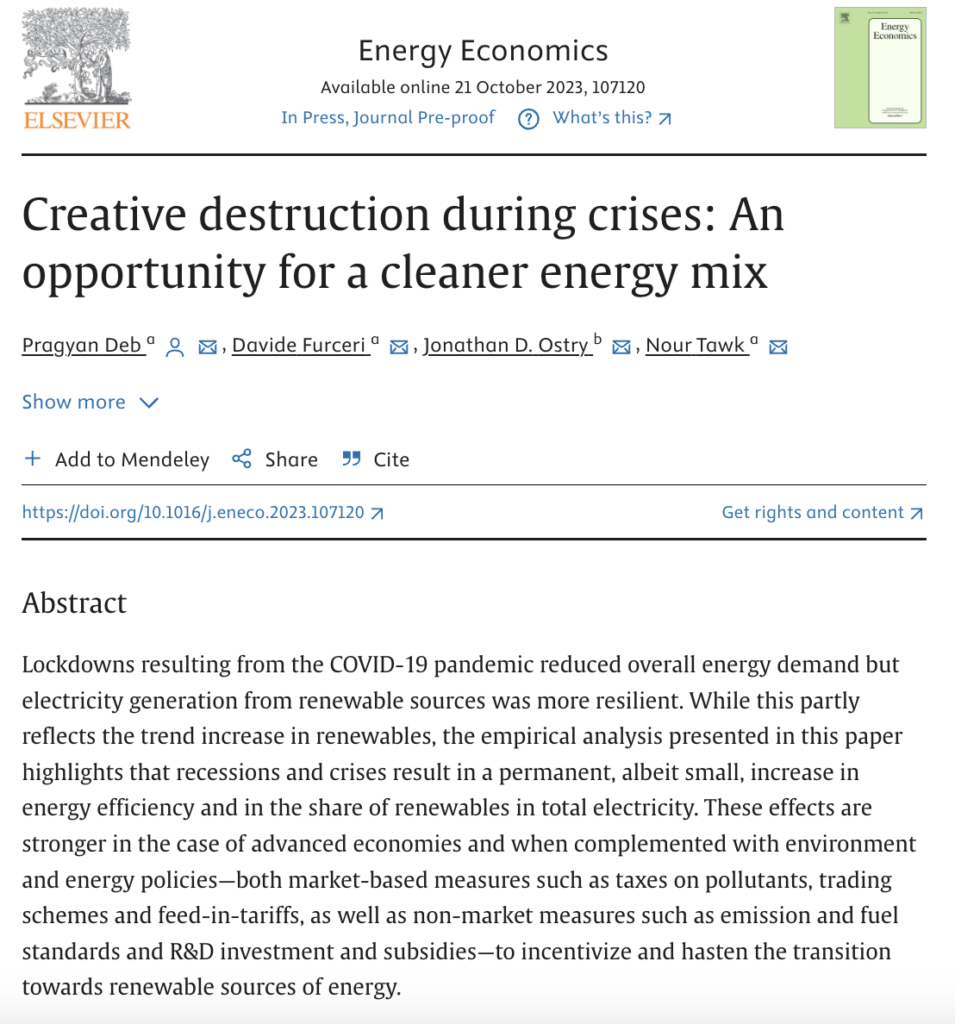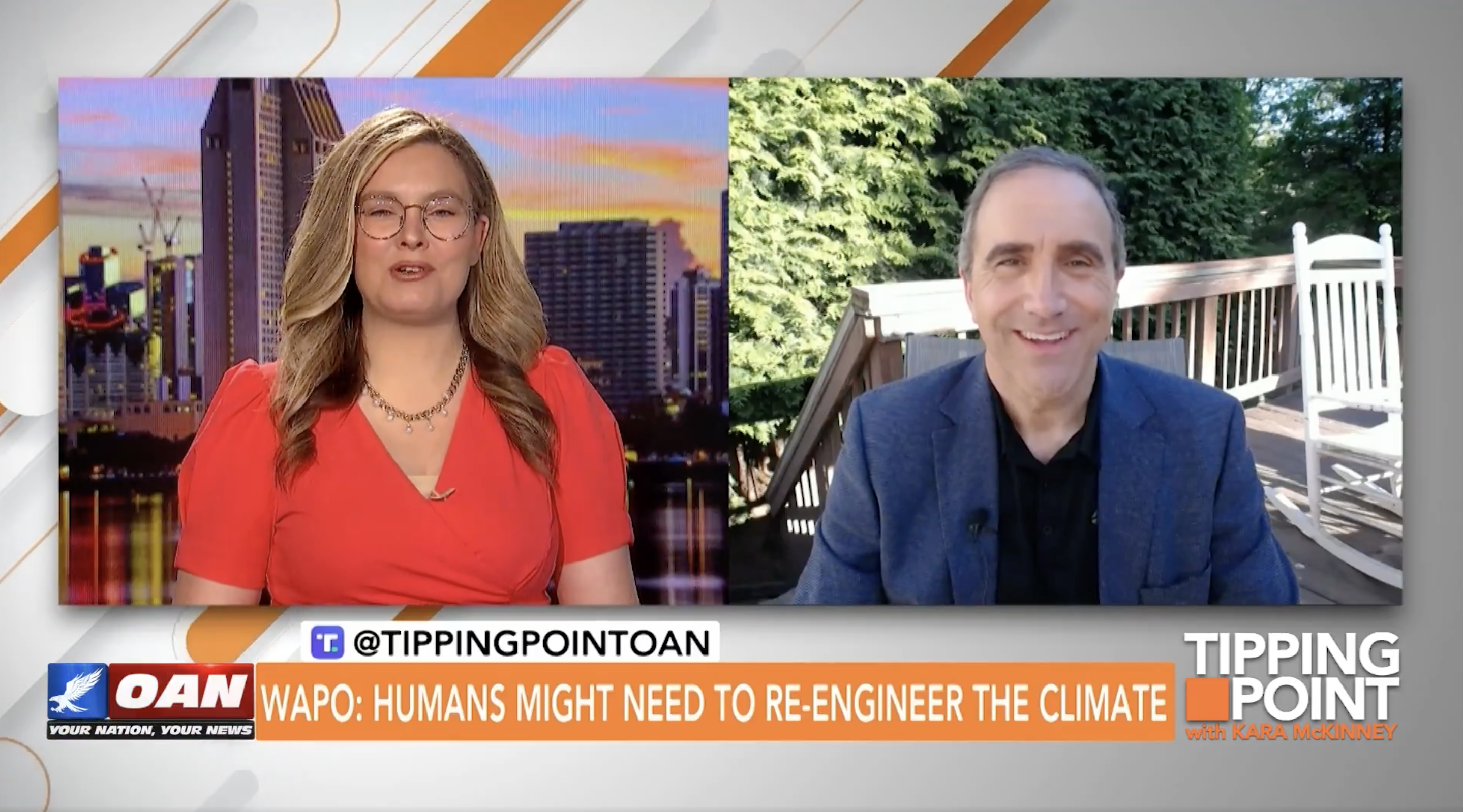From April 10, 2023
By Pascal Soriot – The chief executive of the Anglo-Swedish pharmaceutical company AstraZeneca
The latest Intergovernmental Panel on Climate Change report is a grim, yet unsurprising, reminder of the catastrophic effect global heating is having on our planet. The message from leading climate scientists is clear: action is needed now. Not tomorrow, not next year, not by the end of the decade.
Even drastic carbon reduction today that limits temperature increases to the 1.5C agreed in Paris will alter the world we live in for ever. The IPCC concludes that every fraction of a degree more will edge us towards tipping points that will leave deep scars on our planet.
Heat-related deaths are expected to treble by 2050. Currently 7 million people die prematurely each year from air pollution, more than the death toll during the entire pandemic.
There has been a rise in chronic diseases linked to air pollution, and evidence suggests it is driving up cancer rates, too. Lung cancer and respiratory-related deaths linked to air pollution are up 160% over the past 30 years and it causes genetic mutations in some lung cancer-linked genes.
The toll on loved ones, public health and the economy is large and rising. It has been estimated that poor health costs the global economy 15% of global GDP. It is not only oil companies, carmakers and airlines at fault. Healthcare alone contributes 5% of global greenhouse gas emissions, up to 8% in advanced economies.
Related:
https://nymag.com/intelligencer/article/covid-lockdowns-big-fail-joe-nocera-bethany-mclean-book-excerpt.html
By Joe Nocera and Bethany McLean Until the Chinese government deployed this tactic, a strict batten-down-the-hatches approach had never been used before to combat a pandemic. Yes, for centuries infected people had been quarantined in their homes, where they would either recover or die. But that was very different from locking down an entire city; the World […]
https://www.theguardian.com/environment/2023/oct/28/doctors-from-around-the-world-unite-to-call-for-urgent-climate-action Australian Associated Press Global health bodies are demanding international governments urgently phase out fossil fuels and fast-track renewable energy as health professionals increasingly see patients suffering from harm caused by climate change. The world’s leading GP and health bodies, representing more than three million health professionals worldwide, will deliver an open letter on Saturday […]
British Medical Journal: Published 25 October 2023: Over 200 health journals call on the United Nations, political leaders, and health professionals to recognize that climate change and biodiversity loss are one indivisible crisis and must be tackled together to preserve health and avoid catastrophe. This overall environmental crisis is now so severe as to be a global health emergency…
Human health is damaged directly by both the climate crisis, as the journals have described in previous editorials, and the nature crisis. …
The World Health Organization should declare the indivisible climate and nature crisis as a global health emergency. The three preconditions for WHO to declare a situation to be a public health emergency of international concern are that it is serious, sudden, unusual, or unexpected; carries implications for public health beyond the affected state’s national border; and may require immediate international action. Climate change seems to fulfil all those conditions. …
We must recognise this crisis for what it is: a global health emergency.”
#
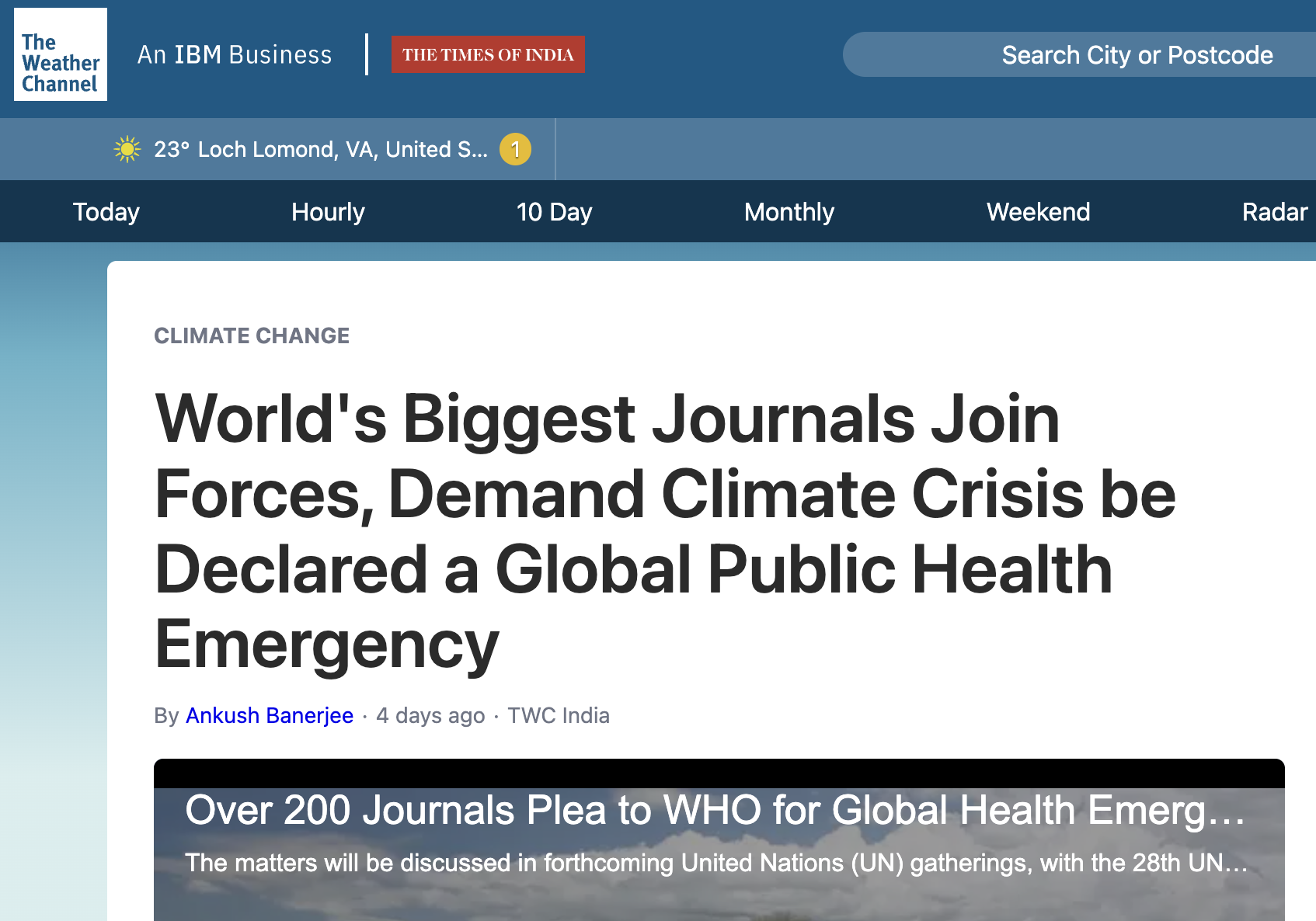
https://www.sciencedirect.com/science/article/abs/pii/S0140988323006187
Energy Economics – Available online 21 October 2023, 107120
Excerpt: “The aim of this paper is to explore the possibility that crises provide a window of opportunity for greener energy and increase the share of renewable energy.” …
“The empirical analysis confirms that growth slowdowns, including those engendered by pandemics and financial crises, result in a permanent increase in energy efficiency and a corresponding decline in the energy intensity of output, with a disproportionate impact on dirty energy.”

